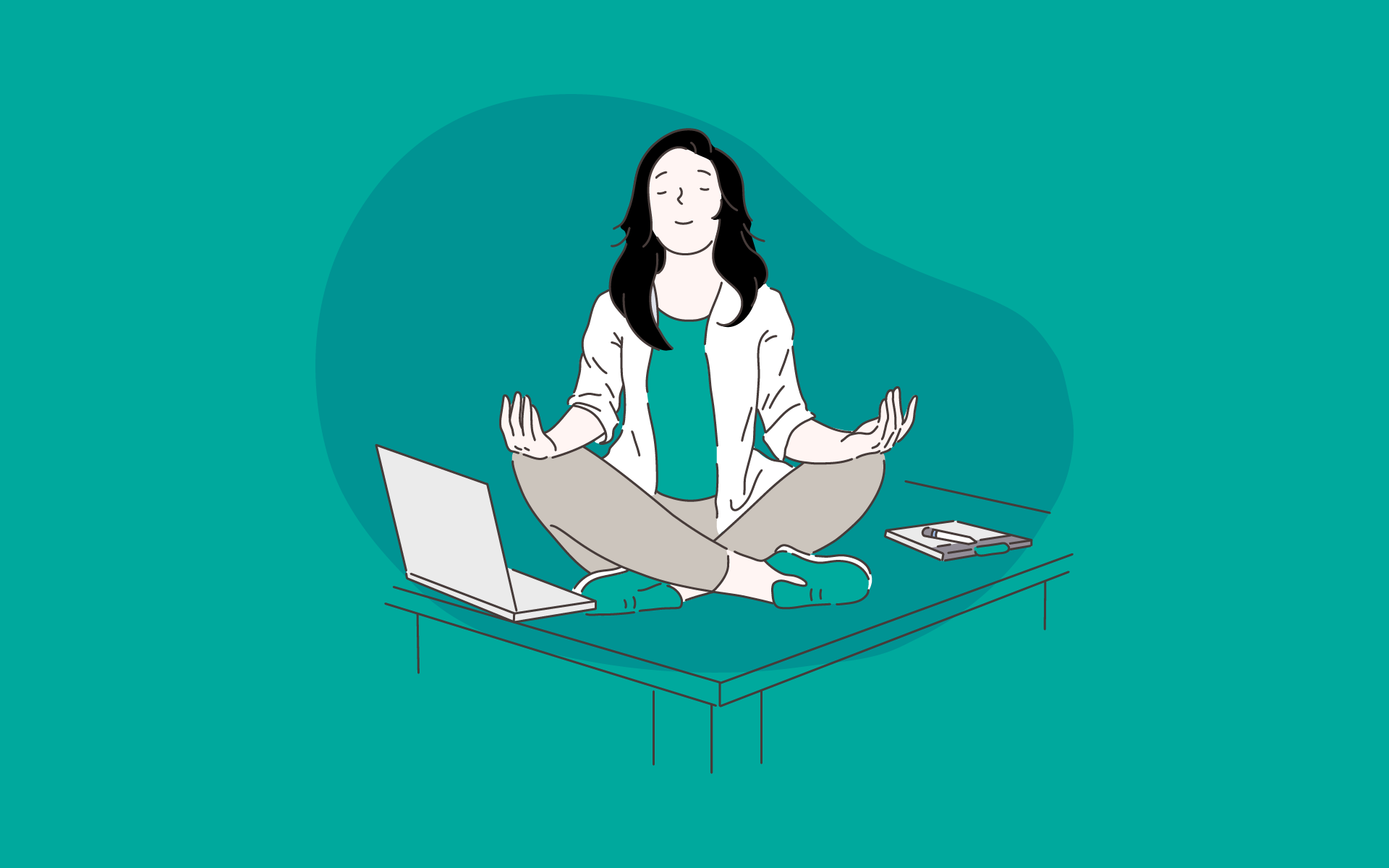I was fresh out of high school when I started studying for my B.Sc. at Wits university, just over 10 years ago. I was excited about the prospect of new-found independence and enjoying the student lifestyle I’d seen in the movies.
I dreamed of picnicking on the lawn every day, with a big group of new friends. I would find my Prince Charming in one of the lecture halls.
But I quickly realised that university is not at all like high school. I couldn’t wing my way through tests and assignments, watch TV when I got home, play sport until late in the evening, have every weekend off, and still get distinctions.
University was hard work. And with hard work came stress. My mental health took a toll throughout my undergrad, and all the way to Honours and two Master’s degrees.
I graduated in 2020 with my Master’s in Psychology (I know, right, a psychology student with mental health issues — classic!) with thanks to my supportive family, my psychologist, and my medication.
To bring things full circle, last year I completed my Educational Psychology internship at the University of Stellenbosch, counselling students with the same challenges I faced during my years of studying.
Through my own mental health journey and my work with students, I’ve learned some valuable lessons about how to deal with university life. As the new academic year begins, I’d like to share them with you.
Find your university’s counselling centre and make use of it
Student counselling is a free service at most major universities in South Africa. University psychologists are well-trained to work with students and offer non-judgmental care and support.
Look after your physical health
Exercise releases endorphins, which are a natural anti-depressant. You don’t have to spend hours in the gym or run marathons during your time at university, but taking a few simple steps to improve your physical health can make a world of difference. Take some time to enjoy nature by hiking at a local park or trail, or watch a YouTube workout video.
Don’t neglect your sleep
One of the first questions I would ask stressed-out students when they came to my office was how their sleeping habits were. Most of the time, they responded with a laugh or grunt: “Sleep? What’s that?” Between late night studying, socialising, and the next-door neighbour’s loud music, sleep is usually the first thing to go when you try to balance university life. Find a sleep routine that works for you. Put your phone away, avoid caffeine before bed, make sure the room is dark, and remember, pulling an all-nighter before an exam is never a good idea. During sleep, your brain converts short-term to long-term memory, and you need that process if you want your focus and attention to be optimal when you wake up.
Find your tribe
Joining clubs and organisations can be a great way to make friends and connect with people who have similar interests. Don’t feel pressure to constantly be around people or participate in activities that do not feel comfortable or enjoyable. It’s important to find a balance that works for you.
Self-care isn’t selfish
The big buzzword of the 21st century, recommended by every lifestyle blogger and Instagram influencer, self-care is essential for mental health. Self-care looks different for everyone. What works for one person, may not work for another. I am an avid runner, for example, so I find going for long runs and waking up early to train to be a huge stress release. Others might find that to be their worst nightmare! Whether it’s baking cookies, drawing, journaling, or spending time with loved ones or pets, try to find the activities that work best for you.
You are what you eat
If you’re staying away from home, that also means you’re away from homemade meals. As tempting as it may be to order takeaways every night, and snack on sweets and energy drinks between classes, you’ll be doing harm to your physical and mental health, and creating a hole in your pocket too. If you’re cooking-challenged like me, try the budget-friendly ready-made meal options at your local grocery store.
Know when you’ve reached your limit
Unfortunately, there is a growing culture of binge-drinking and drug use among university students, as a means of coping with stress. It’s easy to be pressured into using substances, and “just this once” can lead to a downward spiral and a life of addiction. If you’ve reached a point where you are dependent on substances, consider taking a break from your studies and focusing on your rehabilitation first. Your university counselling centre can help you with this decision.
During my year of working with students, I was most impressed by how resilient and resourceful they were.
Returning to university after two years of a pandemic is undoubtedly scary, but all students have their own emotional toolbox of coping strategies, and a community of friends, family, academic, and mental health resources to guide them through it.
Sarah Silber is an educational psychologist in private practice in Somerset West.

Leave a Reply